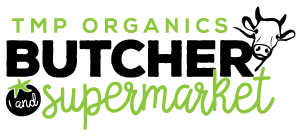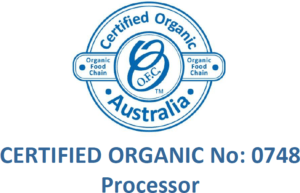Cholesterol is a waxy like substance found in all animal & human tissue. It plays a key role in digestion, absorption & transport of fats throughout the body, & is a precursor for essential production of Vit D & the sex hormones.
LDL (Low density Lipopro0tein) is the ‘bad’ type as it deposits cholesterol onto blood vessel walls where it contributes to atherosclerosis (hardening of the arteries) HDL (High density lipoprotein) is the ‘good’ type as it carries cholesterol away from the blood vessels to be processed back in the liver.
We often assume that eating lower cholesterol foods will also lower our cholesterol levels but it is the amount of fats & type of fats in your diet are the most important factors affecting blood cholesterol levels.
Fats in the diet are divided into saturated, monosaturated, polysaturated & trans fats. There is a strong association between higher intake of saturated fats & cardiovascular disease, as these fats tend to raise the LDL cholesterol ratio more than HDL level. A high LDL level often leads to a build up of cholesterol in the arteries. Trans-fats have the most negative impact on the LDL: HDL ratio of all the fats in our diet. Look for the words ‘partially hydrogenated’ on the label indicating trans-fats. Most impact from trans fats is from fast foods-deep fried foods-chips & commercially baked breads, cakes, pastries & biscuits, so checking the labels & reducing these is essential.
Cholesterol in Food
The recommended daily intake RDI for cholesterol is less than 300mg per day. For people with high cholesterol the recommendation is less than 200mg per day. Ideally the total HDL cholesterol ratio should be under 4.5mmol/L, with a measure above 5.5mmol/L high & over 8.0 considered a high risk.
Ten Tips to Lower Cholesterol
- If you are over weight, getting down to an appropriate weight proportional to your height is a first priority. Focus your diet on containing less kilojoules rather than cutting all fats.
- Start reading labels & lower your fat & sugar intake particularly trans fats & saturated fats, stick to 20g or less of saturated fat per day. Choose leaner cuts & reduced fat meat options eg organic – skinless chicken or breasts, lean beef cuts & low fat mince.
- Trim all excess fat from meats & use low fat cooking methods eg. grill & bake rather than fry.
- Balance meals with lots of seasonal vegetables, wholegrain rice/pasta.
- Include fruit in your diet-at least 2 serves per day.
- Eat a few nuts-raw almonds &walnuts improve cholesterol levels.
- Try to eat fish 2-3x per week.
- Include high fibre, high protein beans in your diet. Oats also contain a soluble fibre called beta-glucan which has been proven to lower cholesterol. Studies with psyllium have shown similar results.
- Limit but don’t eliminate foods high in cholesterol-eggs yolk & shell fish.
- Enjoy a glass of red wine with your evening meal. One glass appears to improve cholesterol profile as well as having good anti-oxidants.


